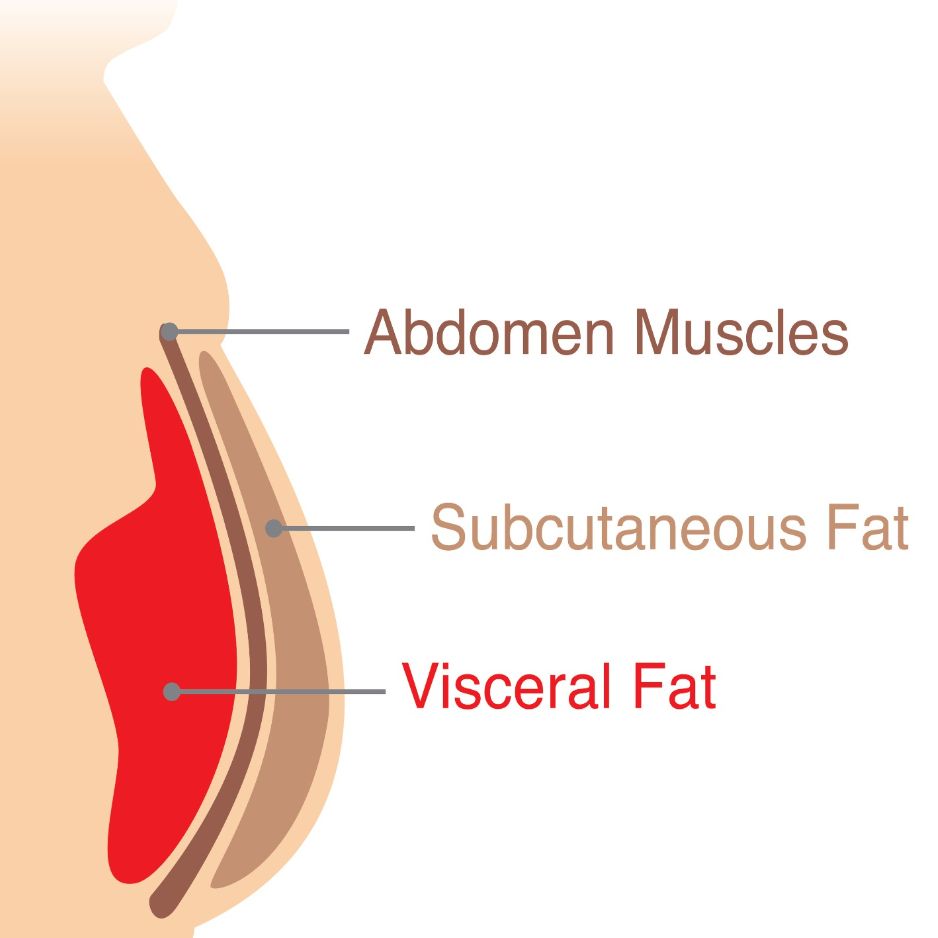Nutrition Timing: Does When You Eat Matter?

The Impact of Meal Timing on Health
Lately there has been a lot of talk about the timing of meals and its impact on health and weight management in the nutrition world! People are curious about whether the timing of their meals plays a role, alongside food choices in terms of metabolism and energy levels.
Circadian Rhythm and Metabolism
Our bodies function akin to oiled machines with innate rhythms that impact food digestion processes—the circadian rhythm acts as our internal timekeeper governing sleep cycles and bodily functions while also playing a role in our metabolisms conversion of food into energy.
Studies indicate that align for our body's clock can benefit our metabolism positively by regulating when we consume food according to the time of day we are most efficient at processing certain nutrients like carbohydrates. Notably better in the morning than at night. Which suggests a strategy of having a hearty breakfast and a lighter dinner could optimize energy utilization for our bodies. Moreover, research findings suggest that individuals who front load their calorie intake earlier in the day tend to exhibit blood sugar management and potentially achieve more successful weight loss outcomes compared to those who have larger meals later in the day.

Energy Levels Throughout the Day
Throughout the day our energy levels can be affected by our eating patterns well. A lot of individuals feel a decrease in energy during the afternoon commonly known as the "afternoon slump." This may be due in part to meal timing. Consuming a rounded lunch, with protein, good fats and complex carbs can aid in sustaining stable energy levels. Furthermore, sticking to mealtimes and snacks can ward off energy plunges and help us stay attentive and concentrated.
Meal Timing and Weight Management
In managing weight effectively, when it comes to controlling your weight meal timing can also be a factor to consider. Some research indicates that having your meals earlier in the day may aid in weight control and loss. This could be attributed to our metabolism being more active during daytime hours resulting in efficient calorie burning. However, eating late at night particularly indulging in high calorie or sugary foods can contribute to weight gain since our bodies are less inclined to utilize these calories for immediate energy needs and more inclined to store them as fat.
Intermittent Fasting
Intermittent fasting has become quite popular as a nutrition timing strategy where individuals alternate between eating and fasting periods to manage weight and enhance health benefits. This method is believed to assist in regulating insulin levels and promoting metabolic health by allowing the body some rest from continuous eating routines.
Conclusion
It's worth noting that the timing of meals can influence health outcomes; however, the key factors for maintaining health are the quality of your diet and the lifestyle choices you make. It is crucial to consume a rounded diet that includes plenty of fruits and vegetables along with whole grains, lean proteins and healthy fats. Additionally, engaging in physical activity, getting enough sleep and effectively managing stress all play vital roles in promoting a healthy lifestyle.
In summary, although the field of nutrition timing is constantly developing there are indications that the timing of our meals can impact our metabolism, energy levels, and weight control. Following our body's patterns when eating, prioritizing balanced meals and exploring methods like intermittent fasting might bring advantages. Nevertheless, it's crucial to discover a schedule that suits you well and promotes your health and happiness.


